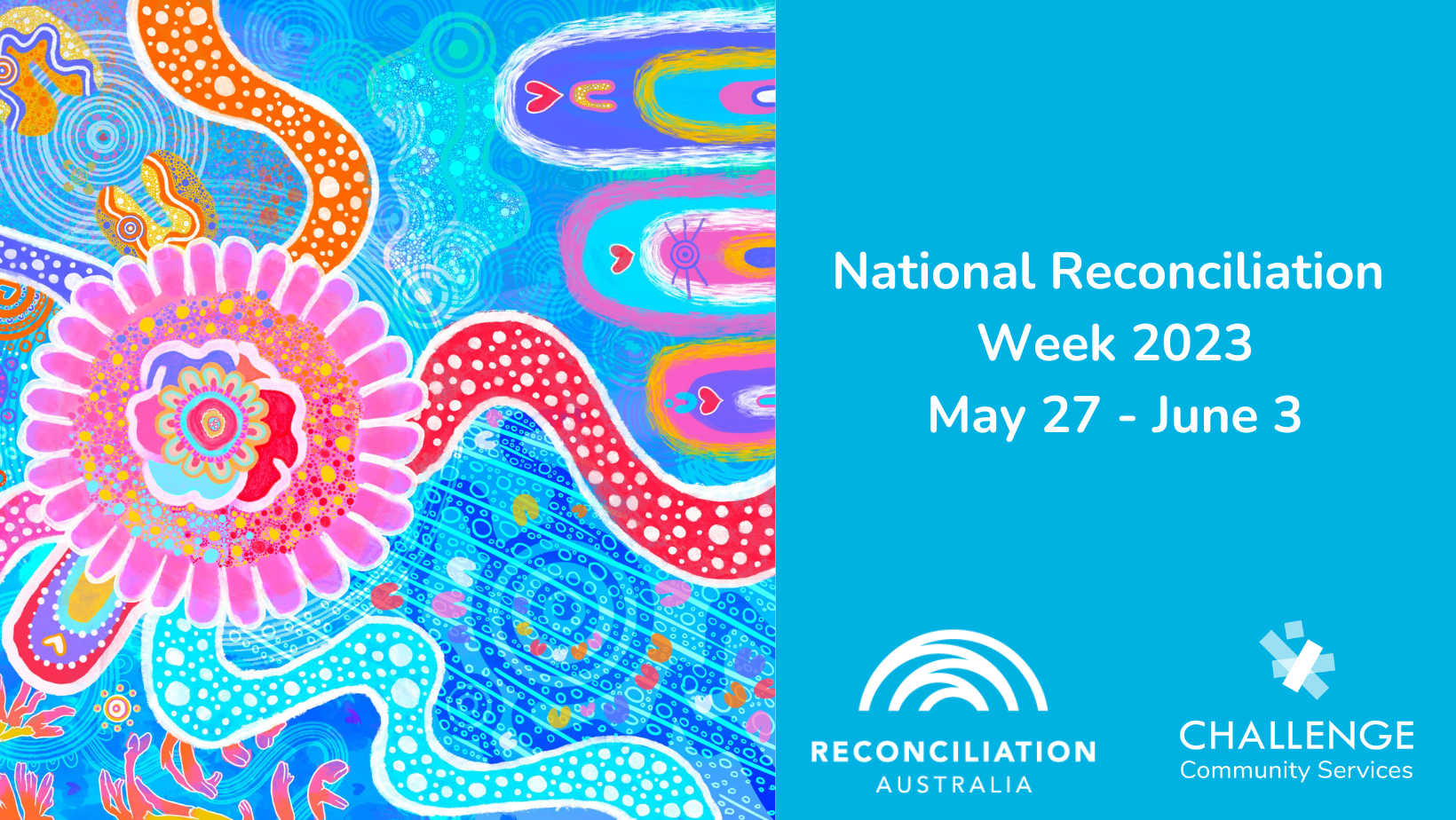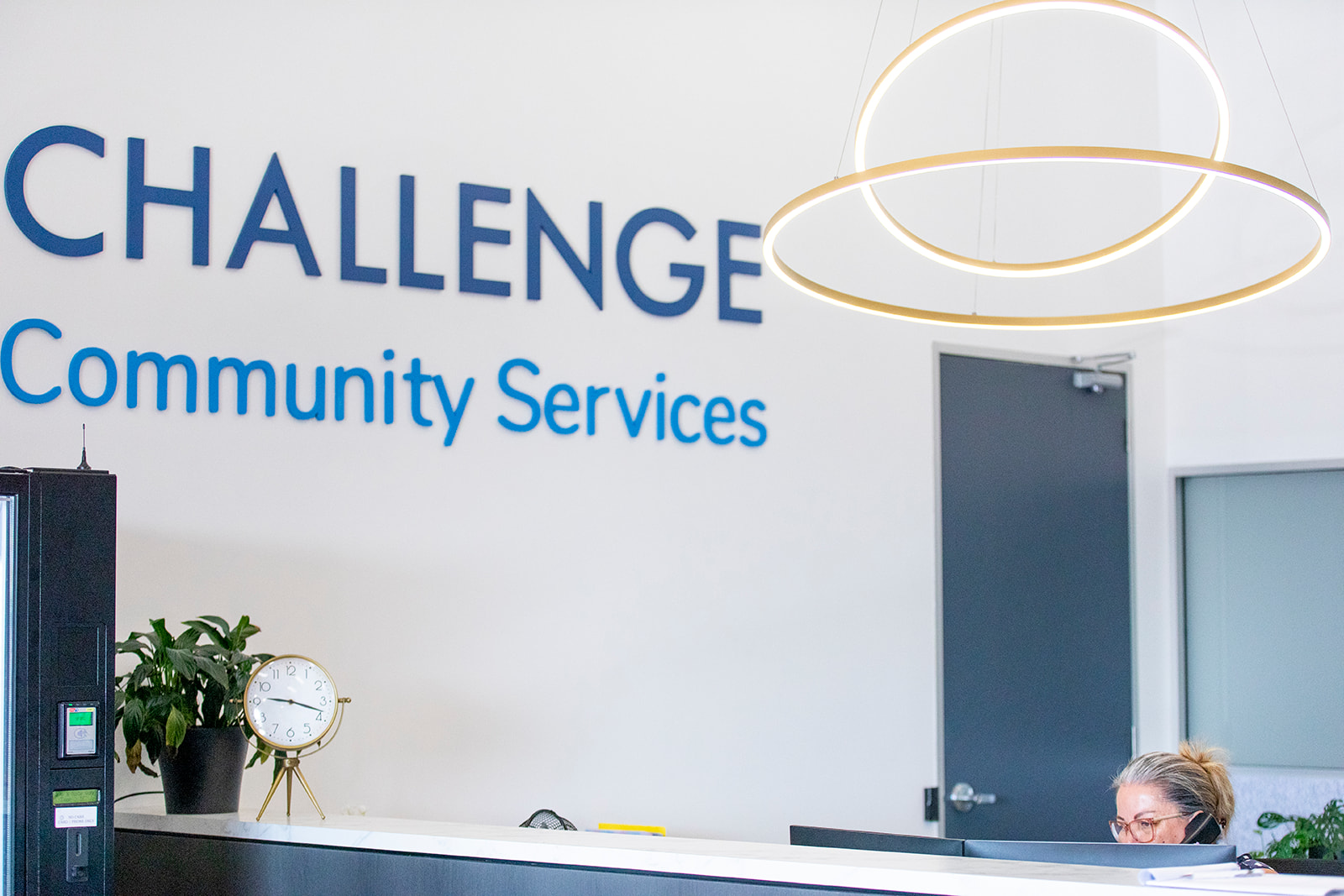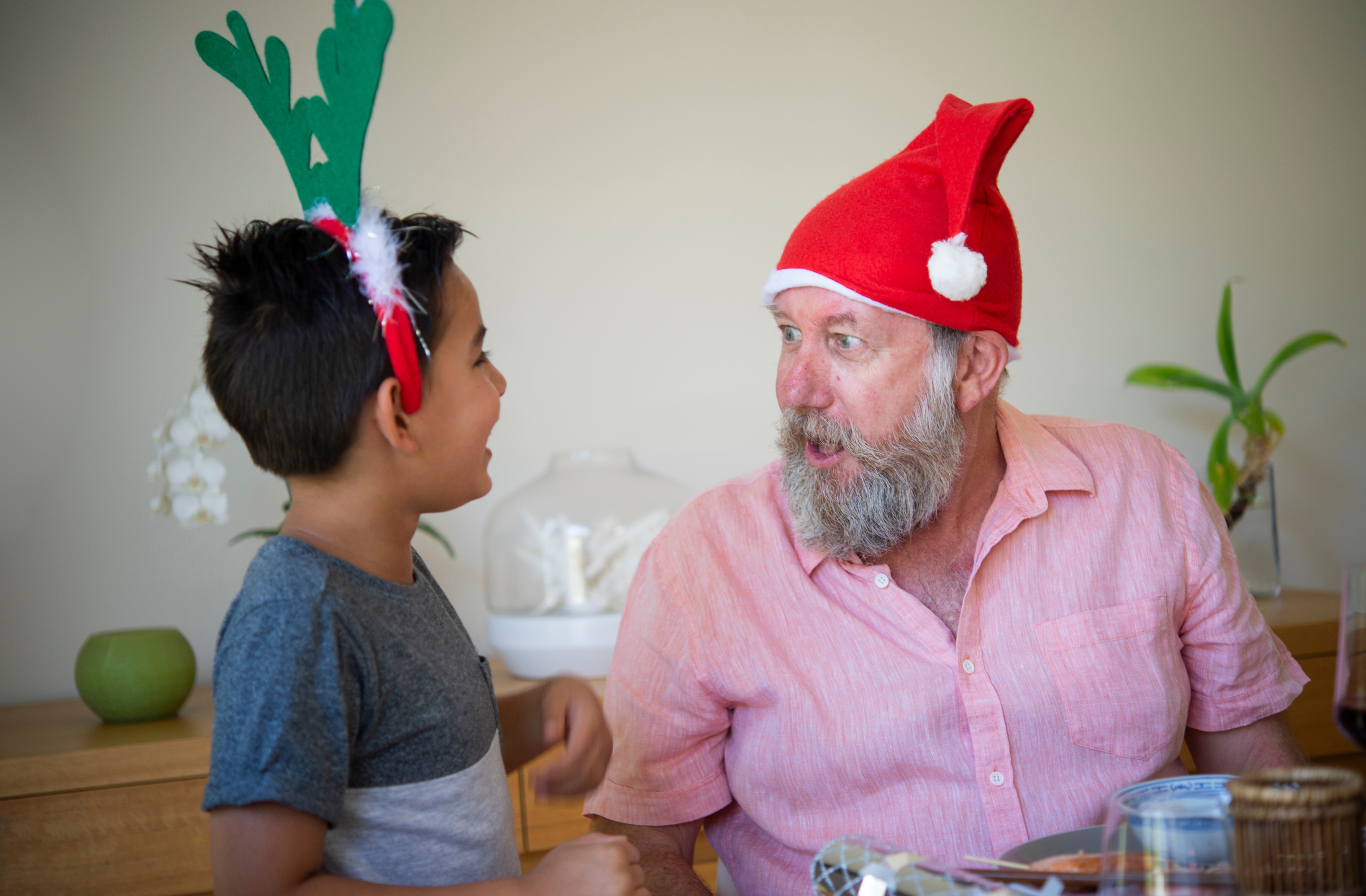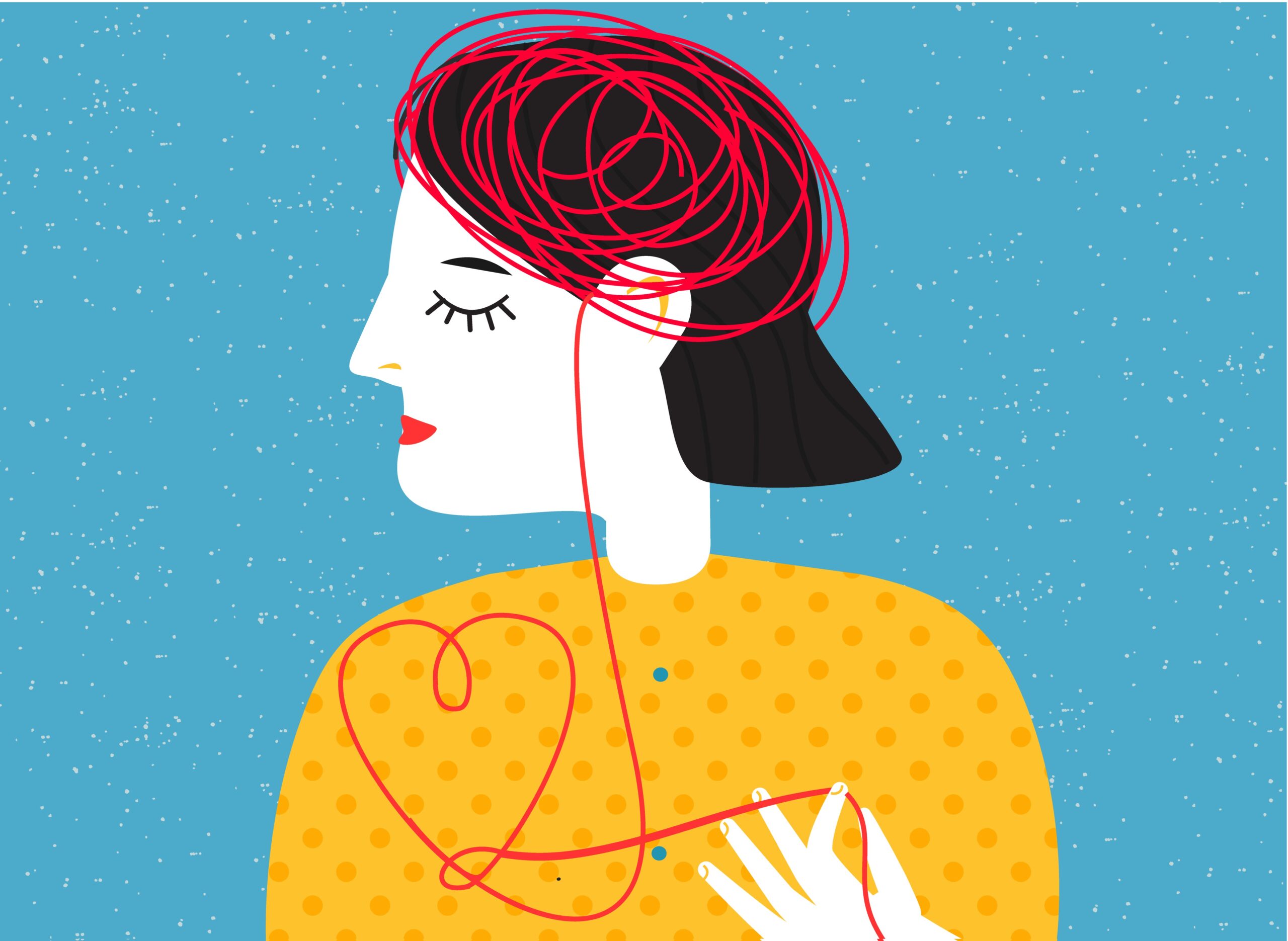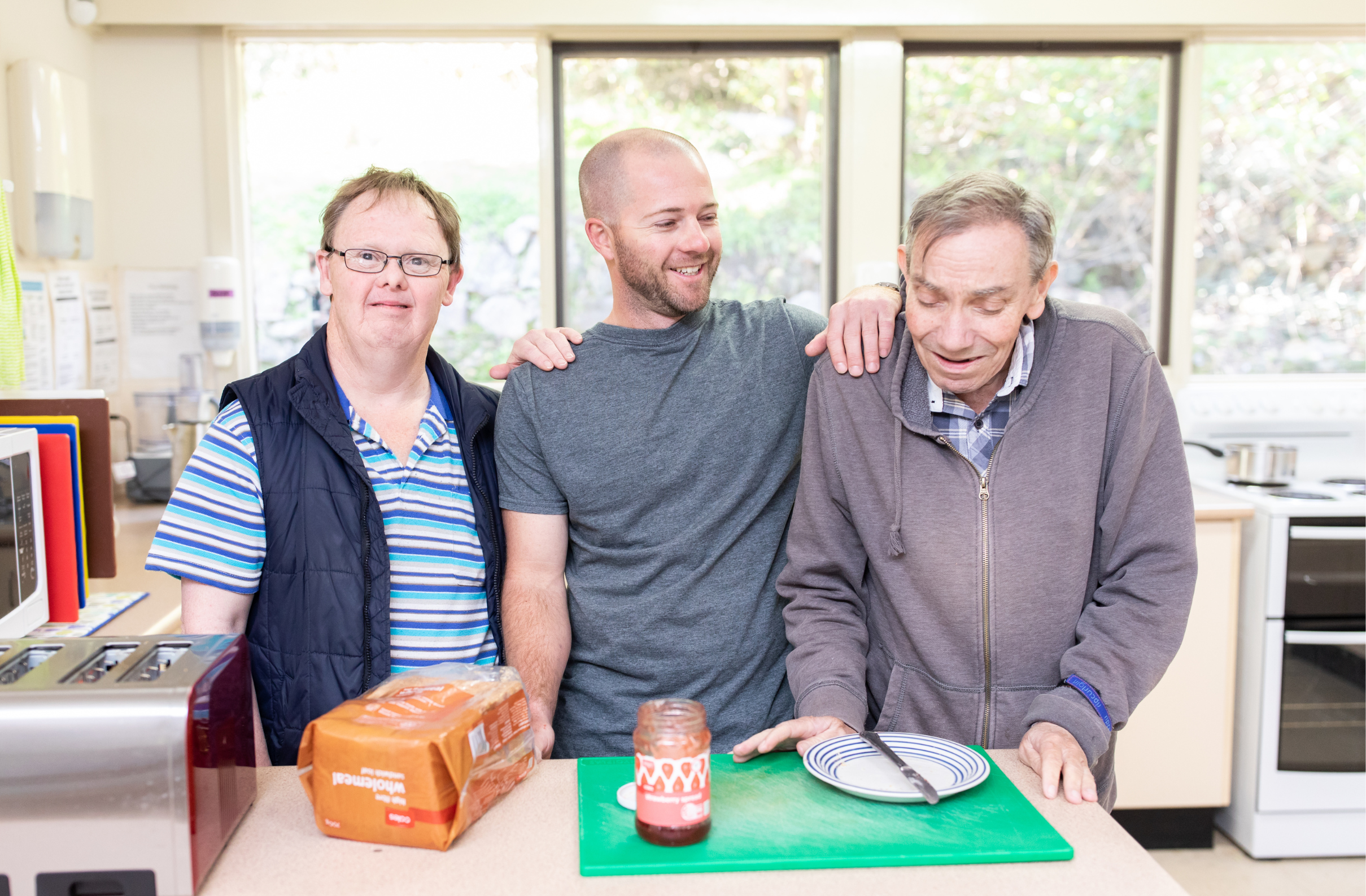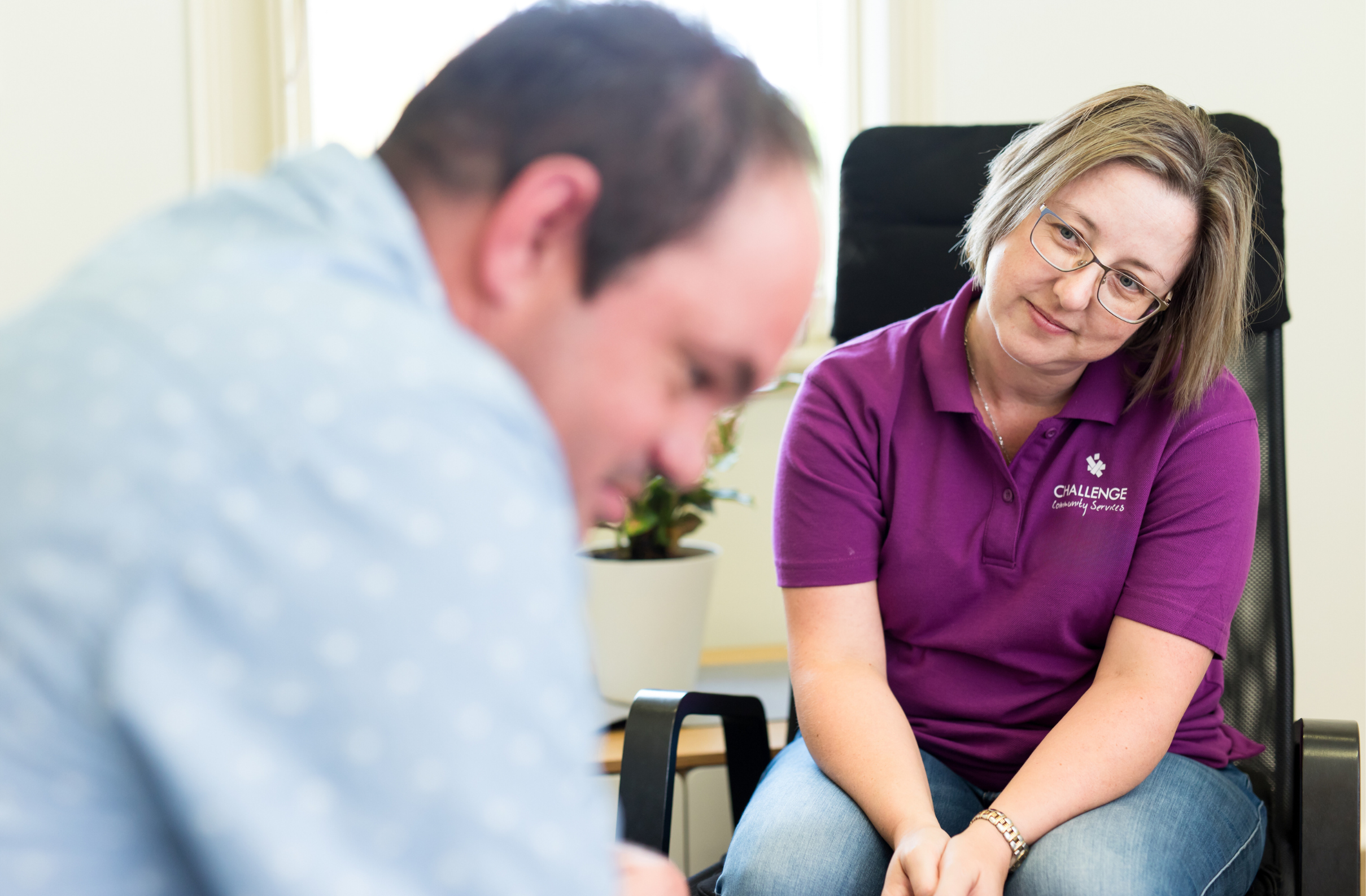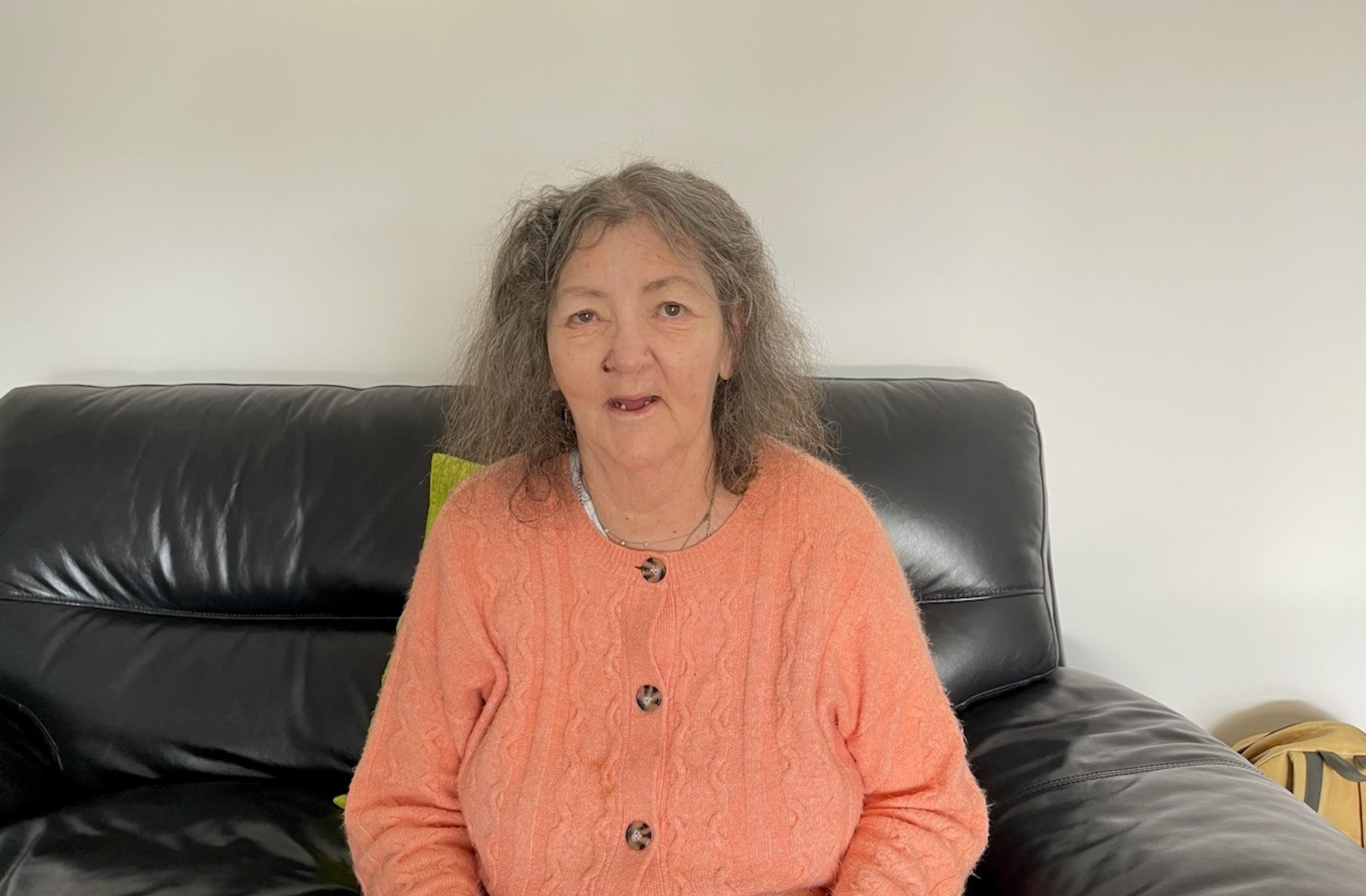We are proud to be an organisational member of Reconciliation NSW. This means that we are steadfast in our commitment to collaborate with Reconciliation NSW to deliver strategic projects that support, educate and inspire the people of NSW to engage deeply in reconciliation. We are also an associate member of SNAICC, the National Voice for our Children, to support improved outcomes for Aboriginal and Torres Strait Islander children. National Reconciliation Week (NRW) is a time for all Australians to learn about our shared histories, cultures, and achievements, and to explore how each of us can contribute to achieving reconciliation in Australia. Reconciliation must live in the hearts, minds and actions of all Australians as we move forward, creating a nation strengthened by respectful relationships between the wider Australian community, and Aboriginal and Torres Strait Islander peoples.
This year, we asked staff about what Reconciliation means to them, how they bring it to work every day, and why it is important to discuss and share these things with each other.

Stephen Doley – CEO, Kamilaroi Country
What does Reconciliation mean to you?
When I think of reconciliation, I start by thinking of the journey that got us to where we are now. Many courageous people and groups sharing their history, beliefs, and experiences to ensure we constantly moving forward in a shared path. I think about the courageous people I have personally had the privilege of spending time with. Their stories, culture, and beliefs have broadened my understanding. It’s a time to reflect and a time for progression.
How do you bring Reconciliation into your daily work?
I am proud of some of our recent steps towards ensuring we are an organisation that recognises, respects and advances First Nations people.
- The development of the draft RAP and statement of intent.
- The daily work we do to ensure children and young people are connected to country and kin.
- Actively acknowledging the communities, we work in and the partnership approach we foster with our First nations organisations.
Our daily job is to remember how we as an organisation connects with communities and the daily decisions, we make relate to our First Nation community.
Why is it important for us to discuss and share these things with each other?
Everyone is on a journey and education is key to ensuring we move forward.
Bradley Burns – Senior Advisor – First Nations, Wonnarua Country
What does Reconciliation mean to you?
To me, Reconciliation is all about working to overcome what is commonly termed “the gap” between Aboriginal and non-Aboriginal people. It is really important to understand though that Reconciliation isn’t really any one thing that we can do, it is a journey, it is about shared opportunity, equity, recognising and acknowledging the past and working together to achieve better outcomes today, tomorrow and onward.

How do you bring Reconciliation into your daily work?
In my role as Senior Advisor – First Nations, Reconciliation plays a huge role in my day to day work. Leading the organisation vision and strategy for Reconciliation, embedding Aboriginal ways of working into our policies and procedures, and even ensuring that value is being placed on the views of our Aboriginal staff, and providing that opportunity for self-determination for our people, both staff and clients.
Why is it important for us to discuss and share these things with each other?
It is important to discuss Reconciliation and all things related because it is not just the job of one person, likewise it is not just the job of Aboriginal people to push f
or a reconciled Australia, but rather it is the job of everyone to understand our history and culture, and to come along on the journey to provide an equitable society. Talking about it raises awareness, and ensures it is not left as the elephant in the room.
Janet Turner – Operations Manager, Dharawal/Tharawal Country
What does Reconciliation mean to you?
Reconciliation for me is the recognition of ongoing change, past and future injustices being acknowledged and learnt from to positively impact cultural equity for all. To continue to grow, experience, inspire and promote cultural diversity and acceptance in our future generations.
How do you bring Reconciliation into your daily work?
By recognising and working towards understanding the impacts that our words and actions have on each other in the present and into the future. Knowing that all voices should be heard and that we are only repeating past mistakes though silence and not questioning what is or has been accepted. In the workplace it’s a reminder to celebrate diversity and to promote the differences that make us unique, so that we can collaborate and bring together experiences that enrich all our lives and the lives of others who have faced adversity.
Why is it important for us to discuss and share these things with each other?
Because shared experiences, sharing humanity, sharing growth, acceptance, and diversity, creates opportunities that we would otherwise not be privileged to experience or be a part of. It is also a humble reminder that we all want to be seen, heard, and validated for who we are and what we contribute to future generations.
The picture I have given you is of me and my granddaughter, for me it represents past and present and future working together, building and learning and accepting each other.
Julie May – State Manager Foster Care, Kamilaroi Country
What does Reconciliation mean to you?
For me, Reconciliation transcends any political agenda. It is about both social justice and social purpose. Reconciliation is built on a foundation of relationships built on acknowledgement, integrity, and unity. We need to acknowledge historical atrocities, be honest and genuine in our present relationships and commit to working together in the future. In Foster Care specifically, Reconciliation is also about ensuring that First Nations children who enter statutory care, have strong connections; both to kin and country.
How do you bring Reconciliation into your daily work?
I actively acknowledge our country’s past with empathy, I am honest in my relationships and genuine in my curiosities about how we can work better together. I advocate for the rights of First Nations children to remain on Country and be connected to their mob.
Why is it important for us to discuss and share these things with each other?
Open discussion challenges bias and breaks down barriers. In discussing and sharing ideas about Reconciliation, we can actively gain knowledge that turns good intentions into measurable actions. It is action that provides authenticity and integrity to our relationships.
Robyn Mainey – Regional Manager, Wonnarua/Awabakal Country
What does Reconciliation mean to you?
For me it is an importance to strengthen the relationship between multiculturalism and the Aboriginal people of this land to benefit the future of Australia moving forward.
How do you bring  Reconciliation into your daily work?
Reconciliation into your daily work?
To practice mindfulness, encourage others to be kind and stamp out racism and other unwarranted historical criticisms.
Why is it important for us to discuss and share these things with each other?
It is extremely important to listen, respect and encourage a way forward and to learn from our indigenous people. Australia has an amazing history and reconciliation provides us a platform to share and explore history, cultures, and achievements.
Nicole Watson – Administration Assistant, Wonnarua Country
What does Reconciliation mean to you?
Reconciliation to me is having respect, kindness and understanding for all people (Indigenous and Non-Indigenous) that I encounter either in my personal or professional life.
How do you bring Reconciliation into your daily work?
I feel I bring reconciliation into my work life by treating everyone I work with the same (from Management to Clients) with kindness, respect and understanding of the unique and diverse human beings that we all are.
Why is it important for us to discuss and share these things with each other?
I feel it’s important to share and discuss our feelings and experiences because it assists in understanding each other better and to also be able to pass on knowledge and experiences and empower each other to grow and move forward in life, whether it be personally or professionally.
Brandon Morris – Cultural Support Consultant, Wonnarua Country
 What does Reconciliation mean to you?
What does Reconciliation mean to you?
For myself, Reconciliation is the idea of personally highlighting that the respect of our ancient knowledge and land is ever-present and ever-deepening. It’s also about diffusing tensions from the past. It’s a profound feeling to bring my personal journey and values into my workspace, it’s made for such natural meaningful connections.
How do you bring Reconciliation into your daily work?
It’s something that can be much easier to do face-to-face with our families, but I’d say we bring it into our working lives by helping our colleagues build a sense of cultural integrity, to be proud of working towards culturally based goals with vulnerable children and young people and to change the ‘ticker box’ mentality. Whilst there are cultural nuances in doing things in a tokenistic or symbolistic way at work, this is why we must always acknowledge what has come before us and create tangible means of engaging Aboriginal and Torres Strait Islander families.
Why is it important for us to discuss and share these things with each other?
From what Reconciliation means to myself, it’s incredibly important, the idea lets me broach very complex and very sad stories with my peers in my personal life in a way where they (we) can feel comfortable to be critical with topics that can be confronting. These things are important to plant the right ideas for the waves of new generations to voice what needs to happen to reunite all our journeys into one story.
Kylie Boyraz – General Manager Allied Health, Kamilaroi Country
What does Reconciliation mean to you?
Reconciliation to me is about connecting and coming together to support each other to heal.
How do you bring Reconciliation into your daily work?
It is about learning from one another both professionally and socially and reshaping the present way we do things, ultimately making a better future for all Australians.
Why is it important for us to discuss and share these things with each other?
It is important for us to discuss and share things with each other on a regular basis so we can all support each other and together build positive and respectful relationships every day.
Kasia Baker – Organisational Development Advisor, Kamilaroi/Anaiwan Country
What does Reconciliation mean to you?
For me it means bringing together Aboriginal and Torres Strait Islander people and non-Indigenous people for the benefit of all. It is a journey of people walking together.

How do you bring Reconciliation into your daily work?
By helping to build respect and trust and inclusive workplace. By drawing on and learning from our diverse life experiences.
Why is it important for us to discuss and share these things with each other?
Because we need to create meaningful change and future for Indigenous Australians to become one family.


